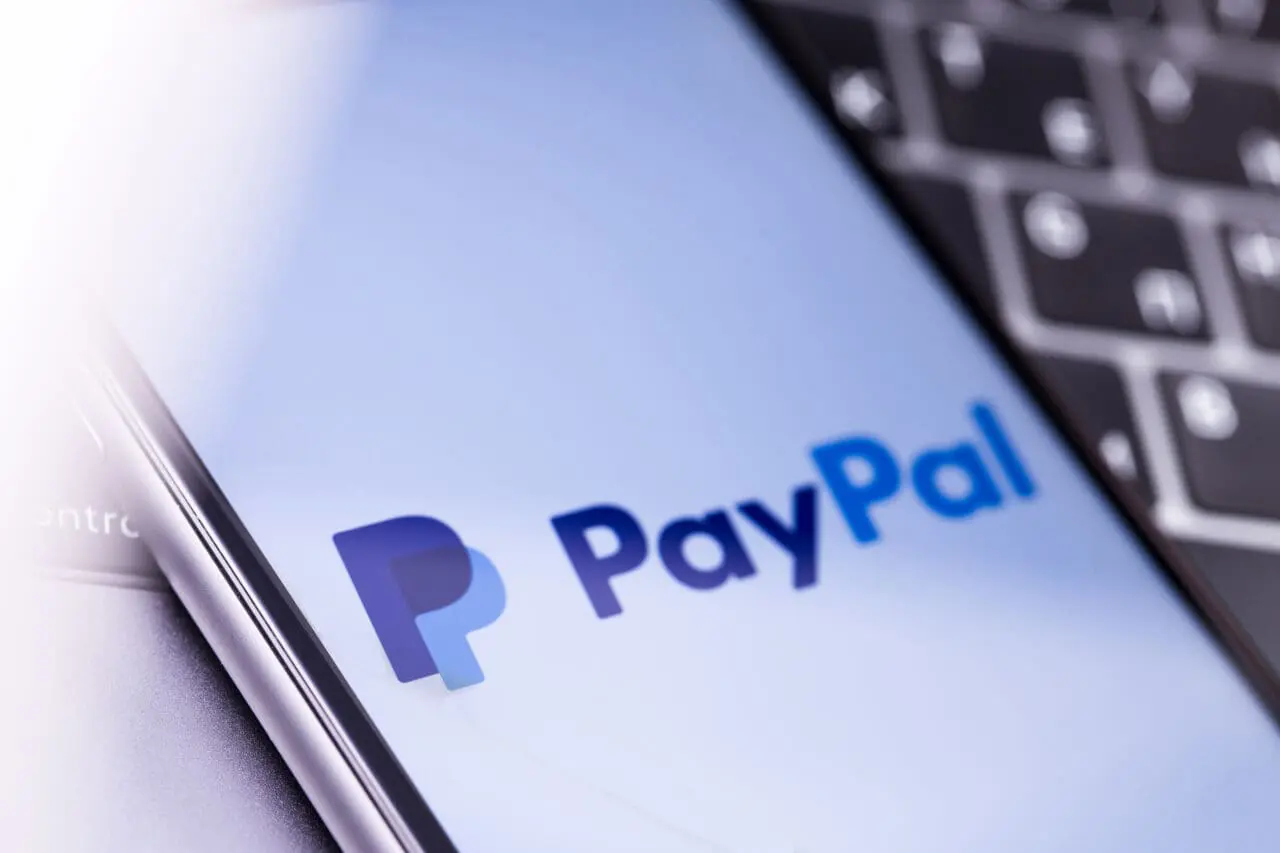

After PayPal first announced that it would fine customers for using its services to spread misinformation and then, following a backlash, saying this had been an error, we look at what happened and why.
Just over a week ago, PayPal was reported to have published an update to its ‘Acceptable Use Policy’ which said that customers would be banned from using PayPal’s services for “sending, posting, or publication of any messages, content, or materials” promoting misinformation. The policy was also reported to have said that customers would have to pay damages of $2,500 for each violation, effective as of Nov 3.
The policy changes threatening fines for misinformation led to a backlash on social media with accusations that PayPal was censoring speech. Tweets of criticism also came from the former president of PayPal, David Marcus, and PayPal’s founder Elon Musk.
Also, the announcement reportedly led to some users deleting their accounts and being urged to do so by some US Conservative politicians.
No sooner had the backlash begun when PayPal announced that the policy update was simply an error. An email from PayPal spokesperson Justin Higgs was quoted online (The Washington Post) as saying, “PayPal is not fining people for misinformation, and this language was never intended to be inserted in our policy. We’re sorry for the confusion this has caused.”
He was also reported as saying that PayPal’s user agreement has long contained a section which says that PayPal can “take funds of up to $2,500 or local equivalent from an account for each violation of the Acceptable Use Policy.”
Many commentators have highlighted how the immediacy and fury of the backlash came mainly from the right, i.e. US Conservatives / Republicans and those associated with the far-right. This can be traced back to a long-running claim by right-wing politicians that powerful tech/digital companies, especially Twitter (which banned Trump), have blocked conservative opinions.
There also remains negative sentiment among many on the political right over the US election, i.e. that their claims that President Biden didn’t win and other related conspiracy theories were not supported by social media companies. For example, Twitter flagged many of Donald Trump’s tweets as ‘misinformation.’
Global social media companies like Twitter and Meta also faced a challenge in removing and fact-checking COVID misinformation and faced right-wing anger as a result, e.g. many of Trump’s supporters believed COVID was a hoax.
Also, PayPal became a particular focus of right-wing conspiracist anger after it banned Infowars and Gab in 2018. Infowars is known as a site that contains many conspiracy theories, its founder being Alex Jones, who has recently been in the news for being fined $1 billion over his claims that the Sandy Hook school shooting was a hoax. Gab is a social network that is associated with white supremacists.
Although Twitter’s Acceptable Use Policy may have long contained details of possible fines for violations, it is strange that PayPal would publicly update a policy in such a specific way in error. Some commentators have suggested that it may have been a (high-risk) way of floating an idea for tackling misinformation. However, as shown by the right-wing backlash in the US, powerful tech/digital companies still face a lot of anger and accusations of political bias and stifling free speech and right-wing views. Tech/digital companies, therefore, tread a difficult path in calling out conspiracies and misinformation, which have been accepted as fact among many with right-wing views in the US. PayPal’s banning of Gab and Infowars made it a target of anger several years ago. Many accept, however, that there is a clear difference between free speech and spreading misinformation and hate speech, and eradicating these from social platforms, in particular, would be helpful. Still, inevitably, in what some see as a ‘post-truth’ era, even this idea can face serious opposition.

